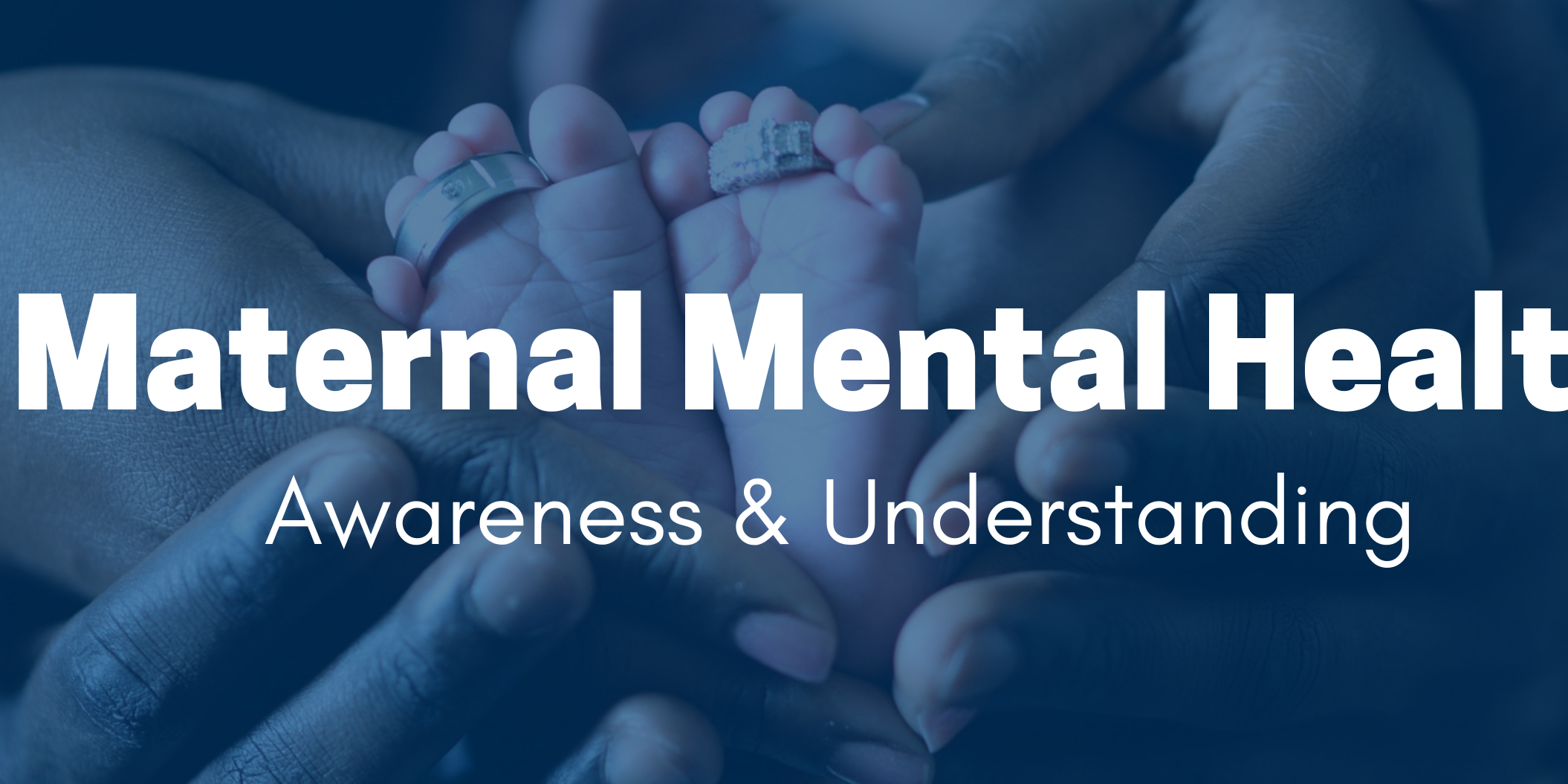Becoming a parent, many can agree, is a life altering experience for the mind, body and environment. When we see a resting newborn, with their delicate curvatures and tender nature, it is easy for us to gush over their presence and essential needs while on our Oxytocin rush. Expectations surrounding the caregiver’s latest role in life coupled by new responsibilities and what that looks like can mask our perception of the importance of mental health in new mothers and fathers.
The MGH center for Women’s mental health reports that “During the postpartum period, about 85% of women experience some type of mood disturbance.” Often, we are caught up in the ideas imposed by society surrounding the child rearing process, assuming all necessary tools to success will come about naturally or easily with time. One of the biggest mistakes many of us make throughout life is overestimating our abilities and underestimating the difficulty of a situation, especially when it comes to pregnancy and childcare. As a result, when obstacles and adversities challenge the already exhausted mind of many new parents (and even those with prior experience), feelings of excessive worry and doubt may arise.
Feeling anxious about the safety and well-being of a new life along with feelings of inadequacy in our abilities can manifest themselves during and after pregnancy. Our innate desire to nurture meets distress and uncertainty, creating the spectrum of maternal mental health. The most important thing to keep in mind throughout the duration of your pregnancy as well as postpartum is that you are not alone and should not feel guilt or incompetent for experiencing symptoms of postpartum depression, anxiety or “baby blues”. Also, your experiences during and after pregnancy are as unique as the baby so symptoms of maternal mental health look different for everyone and no one is less susceptible to these types of experiences.
There are many factors that can induce these types of feelings within a new mother or father and awareness of the symptoms and how to deal with them are important to have knowledge about,even for those who are not caregivers themselves. Being able to recognize when the new parents around us may be dealing with difficulties they are too afraid or ashamed to speak out on is as important to their safety and the new baby as a doctor’s visit. General terms and symptoms to be knowledgeable about are as follows:
· “baby blues” refers to more short-term feelings of sadness, fatigue, and mood swings.
· Perinatal Postpartum depression can be recognized through feelings of long term, excessive worry and anxiousness, eating too little or too much, having trouble concentrating and making decisions, feelings of frequent hopelessness, anger or rage, and much more.
Greater in-depth information about possible symptoms as well as care tips and resources can be found on our website. As always, the family health line is equipped with amazingly compassionate counselors who are trained and specialized to assist with any concerns or needs that you may have surrounding your health and your baby.
At the end of the day, we all want to make sure that our children are nurtured and develop into future contributors of society. The first step in achieving this starts with understanding the importance of the mental health of our parents, putting our best selves forward so we are able to provide optimal care. Essentially, taking care of yourself is a large part of taking care of your baby. Even the best of the best are still human, prone to imperfection and sometimes need help. Remember that it is okay to receive support and there are many online blogs, forums, and hotlines (like ours) that are here to have that conversation.
Call 2-1-1 or (850) 617-6333 for our free, confidential hotline services.







